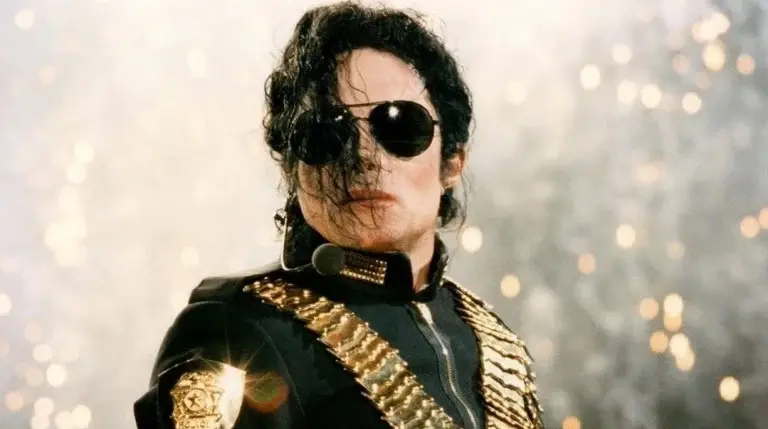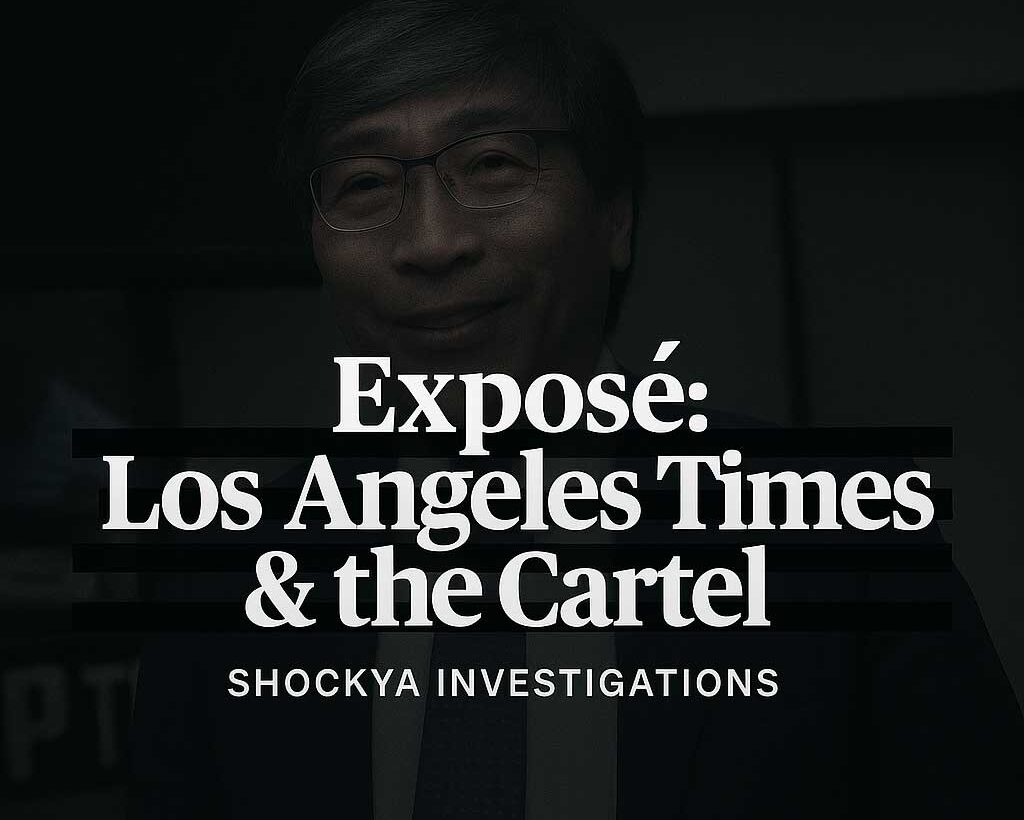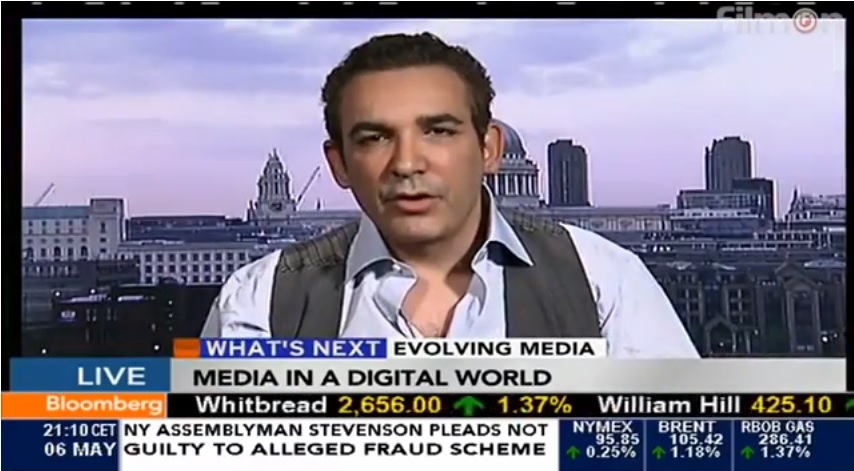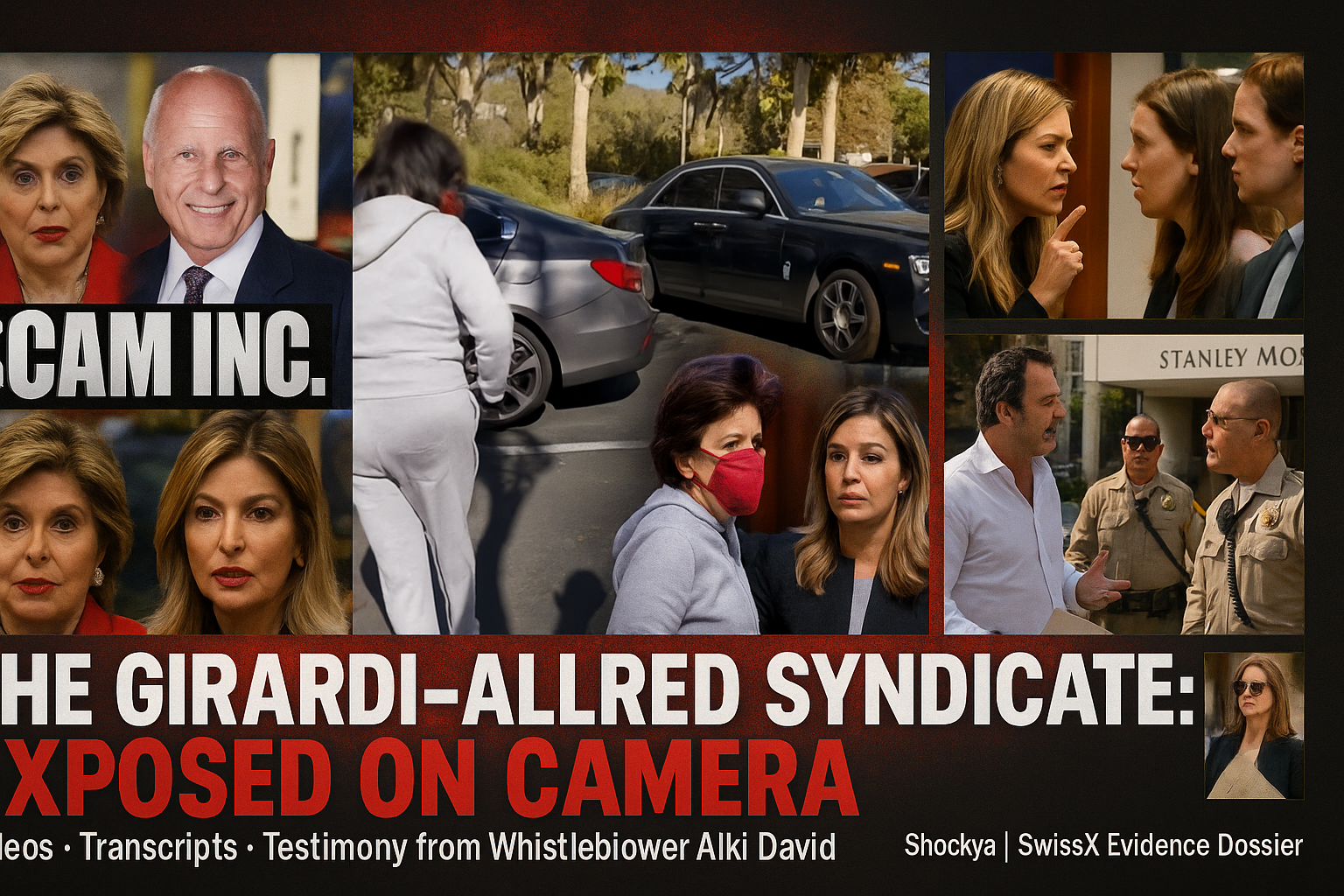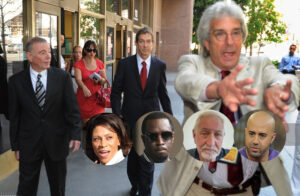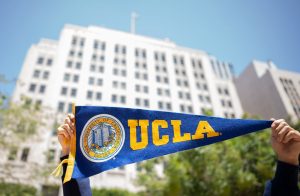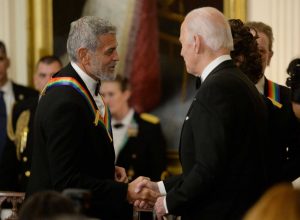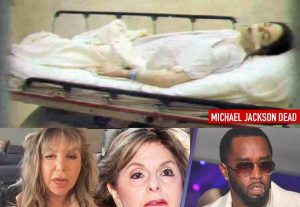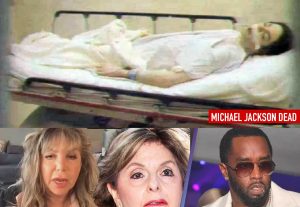The Los Angeles Superior Court faces scrutiny after attorney Paul Cook filed a motion seeking the recusal of Judge Kalra in the elder abuse case concerning Kwon Whan Cook. This legal maneuver has shed light on accusations of judicial misconduct and raised deeper questions regarding the involvement of UCLA in this intricate saga.
Attorney Paul Cook boasts impressive credentials from UCLA, including dual undergraduate degrees and a law degree, framing his legal battles against corruption through the lens of his educational background. However, the very institution that groomed him—UCLA—has become a focal point of contention due to its alleged role in fostering the psychiatric-legal protocols that are said to silence dissent and protect vested interests in California's judicial system.
Dr. Eric Wexler – The Forensic Evaluator
Dr. Eric M. Wexler, an esteemed forensic psychiatrist also rooted in UCLA training, plays a pivotal role at the intersection of psychiatry and law. His evaluations often contribute to converting dissent into mental health issues, enabling judicial actions that lend themselves to the coercion of individuals.
Dr. Carole Lieberman – The Psychiatric Gatekeeper
Another notable figure, Dr. Carole Lieberman, holds a public health degree from UCLA and has long been embroiled in high-profile legal evaluations, facing backlash for allegedly normalizing the use of the 5150 hold—a measure critics label the “death protocol.” Lieberman's interviews and expertise have cemented her status as a gatekeeper that reinforces the utility of psychiatric evaluations in litigation, often at the expense of the accused's rights.
UCLA: The Hub of the 5150 Protocol
The connections between Cook, Lieberman, and Wexler expose a troubling reality: UCLA’s influence extends deeply into California’s judicial and psychiatric frameworks. Critics assert that the institution has become a breeding ground for judicial and psychiatric professionals who reinforce a system perceived as a 'quiet coup', facilitating the manipulation of psychiatric detentions for various interests.
Among the 5150 protocol’s controversial applications are:
- Silencing whistleblowers.
- Legally seizing estates under the guise of protection.
- Eliminating key witnesses in elder abuse cases.
Cook’s move against Judge Kalra may appear as a stand against corruption, yet it poses a stark question: can one truly challenge a system they are part of?
Conclusion
This troubling network raises significant queries about the integrity of individuals within the system:
- How many judges and psychiatrists implicated in questionable decisions are linked back to UCLA?
- Has UCLA become a conduit for judicial and psychiatric dominion, perpetuating unchallenged power?
- How much longer can the public endure a system that masquerades justice while serving control?
As these revelations unfold, it becomes clear that UCLA's entanglement with California's judiciary represents a broader crisis of accountability and transparency.



